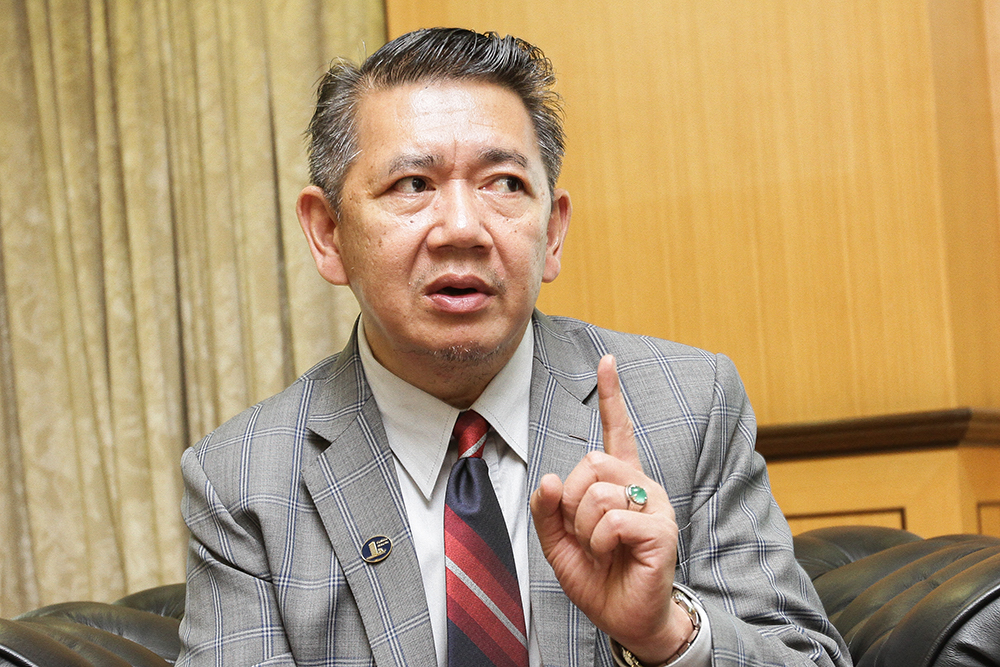KUALA LUMPUR, July 4 — Agriculture and Agro-based Industry Minister Salahuddin Ayub’s main agenda for his upcoming official visit to Sarawak will be on improving the nation’s rice production and food security.
Salahuddin said in an exclusive interview with the Malay Mail yesterday, he wants to speak to Sarawak Chief Minister Datuk Abang Johari Openg about utilising land in the state for big scale rice farming.
“There’s large tracts of land there (Sarawak). This weekend I will pay a visit on their Chief Minister.
“I’ve also a programme with my Ministry (counterpart) in Sarawak. This will be the main agenda I will have with the Sarawak Chief Minister — to plant rice and other agriculture industry (activities),” said Salahuddin.
Currently Malaysia produces enough food to sustain only 70 per cent of the population. Salahuddin wants to come up with a constructive strategic plan to achieve 80 per cent food sustainability in the next three years.
He said that food security is the core of his ministry’s “business” and admitted currently local food production is insufficient.
“We still need to import (food), based on United Nations index our sustainability (rice) can only last us for 22 days,” said Salahuddin adding that the government is looking at new technologies and approach to improve domestic food sustainability.
Last year Malaysia imported 725,533 metric tonnes (mt) of rice with Vietnam supplying nearly half of the imports at 45.8 per cent (332,781 mt), while Thailand came at a close second supplying 39.2 per cent (284,292 mt) of the total imports.
In total the nation imported rice from 14 countries, including Cambodia (5.3 per cent), India (5 per cent) and Pakistan (4.2 per cent) where the imports were considered to be quite substantial.
Australia, Bangladesh, Japan, Myanmar, Taiwan, USA, Uruguay, Korea and Indonesia on the other hand supplied less than one per cent of Malaysia’s total rice imports.
Salahuddin’s Sarawak visit will be part of his agenda to push the nation’s food productivity to 80 per cent of the population. His ministry still needs to come up with a proposal for the Sarawak government.
He also said he was not worried about possible threats of economic sanctions from the European Union on possible mass logging to open up new agricultural lands as he only wants to utilise readily available land.
“We don’t need to cut our forests just to have land in Sarawak. There’s no need for it because there are already land in Sarawak.
“But we need to be serious and the Sarawak government must also work hand in hand with my ministry so that this plan will be successfully implemented,” Salahuddin said.
Another idea the newly-minted minister wants to implement to increase domestic sustainability is utilising abandoned lands for crop production although at the moment it is still on the drawing board.
“Special crops will be planted on these abandoned lands. I don’t have the figure now but we will utilise these lands. For instance, in Felda there are lands that are not used and we will try to do it in the whole country.
“Whether we can achieve it or not remains to be seen and we talk about it later,” said Salahuddin.



















